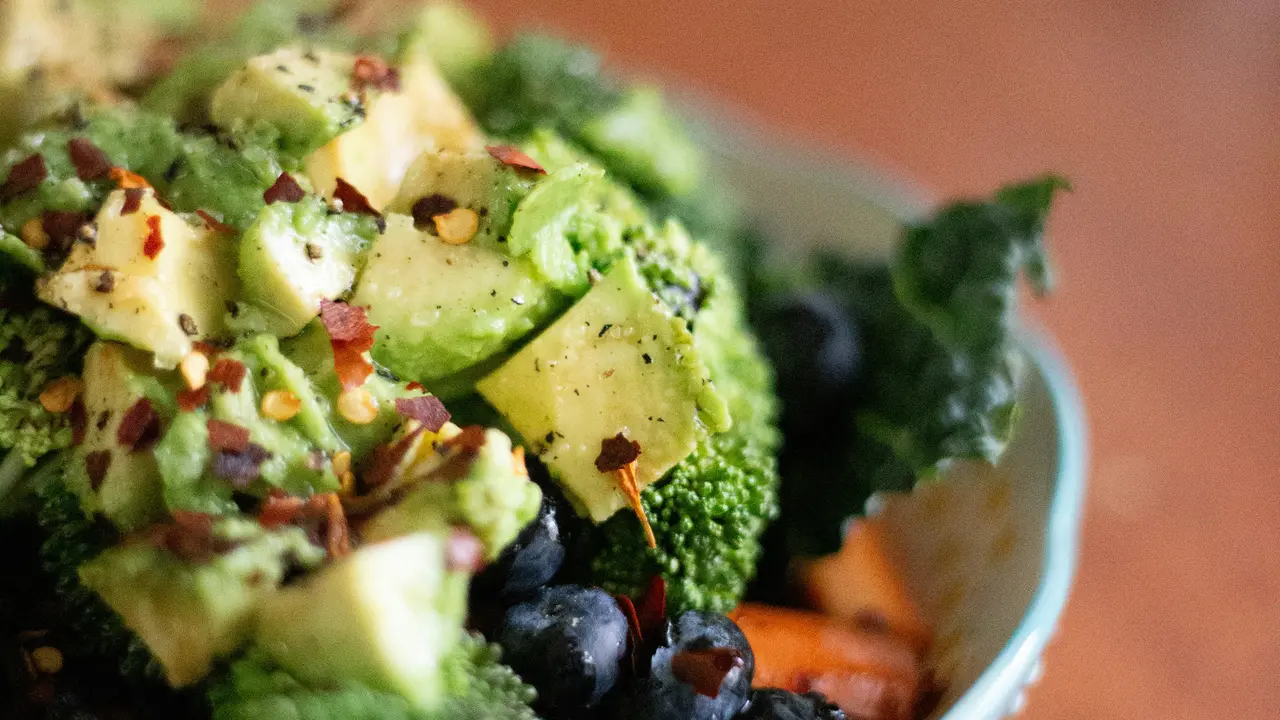Are frozen vegetables good for weight loss? This question has sparked a lot of debate among health enthusiasts and dieters alike. In this article, we will explore the nutritional benefits of frozen vegetables, how they compare to their fresh counterparts, and how they can fit into an effective weight loss plan. Get ready to uncover the truth about frozen veggies and their role in your journey to a healthier you!
Understanding the Nutritional Value of Frozen Vegetables
The Freezing Process and Nutrient Retention
The process of freezing vegetables quickly preserves their essential nutrients. Typically, vegetables are blanched before freezing, which helps maintain their color, texture, and nutritional value. Studies have shown that frozen vegetables can retain most of their vitamins and minerals, making them a viable option for a healthy diet.
Compare Frozen Vegetables to Fresh Options
When addressing the question of whether frozen vegetables are good for weight loss, it’s essential to compare them with fresh vegetables. While fresh vegetables are often marketed as healthier, frozen options can sometimes be just as nutritious. The key points to consider include:
- Frozen vegetables are typically harvested at peak ripeness and quickly frozen, ensuring that their nutrients are locked in.
- Fresh vegetables can lose nutrients over time, especially if not stored properly.
- Frozen varieties often have a longer shelf life, allowing for convenient meal prep without waste.
The Benefits of Incorporating Frozen Vegetables in Your Diet
Low Calorie Density
One of the primary reasons frozen vegetables are often recommended for weight loss is their low-calorie density. Foods with low-calorie density allow you to consume a larger volume of food while still maintaining a caloric deficit, an essential principle for weight loss.
High in Fiber
Frozen vegetables are typically high in fiber, which aids digestion and helps keep you feeling full longer. Including fiber-rich foods in your diet can prevent overeating, making frozen vegetables an excellent addition for those looking to manage their weight.
Versatile and Convenient
Another compelling reason to consider frozen vegetables for weight loss is their versatility and convenience. Some key benefits include:
- Easy to incorporate into various dishes, from stir-fries to soups and smoothies.
- Quick preparation time, making healthy eating easier on busy days.
- Available year-round, providing a consistent supply of nutrients regardless of season.
How to Effectively Use Frozen Vegetables for Weight Loss
Meal Planning with Frozen Vegetables
Integrating frozen vegetables into your meal planning can help streamline your cooking process and enhance the nutritional value of your meals. Consider preparing bulk meals that include a variety of frozen vegetables to increase their nutritional impact.
Creative Cooking Methods
To fully enjoy frozen vegetables, try various cooking methods that enhance their flavor without adding excessive calories. Some ideas include:
- Roasting with herbs and spices for added flavor.
- Steaming to preserve nutrients while keeping them tender.
- Incorporating into smoothies for a nutritious beverage option.
Potential Drawbacks of Frozen Vegetables
Added Ingredients and Preservatives
While frozen vegetables can be very nutritious, it is essential to check for any added ingredients. Some brands may add preservatives or sauces that can increase sodium content or calories. Always choose plain frozen vegetables for the healthiest option.
Texture and Flavor Considerations
Another aspect to consider is that the texture of frozen vegetables may differ from fresh ones. Some vegetables might become mushy after thawing, which can affect their appeal in certain dishes. Experimenting with different cooking methods can help mitigate this issue.
Are Frozen Vegetables Good for Weight Loss? The Verdict
In conclusion, frozen vegetables can indeed be a valuable addition to your weight loss journey. Their nutrient retention, low-calorie density, and versatility make them a compelling choice for those seeking to shed pounds healthily. By understanding how to incorporate frozen vegetables into your diet effectively, you can enjoy their benefits while keeping your meals exciting and nutritious.
If you’re looking for more tips on maintaining a healthy lifestyle, don’t hesitate to share this article and check out our other health-focused articles for additional insights!
Weight loss – Recent Articles
- Are Air Fried Potatoes Good for Weight Loss? Discover the Truth!
- Does Anthem Cover Weight Loss Programs? Discover the Truth!
- Unlocking Fat Loss: What Is Red Light Therapy for Weight Loss?
- Will Aetna Cover Weight Loss Surgery? Find Out Now!
- How Much Does Weight Loss Surgery Cost? Discover the Truth!
Weight loss – Useful Links
- CDC – Losing Weight
- Mayo Clinic – Weight Loss: Choosing a Diet
- NIDDK – Managing Your Weight
- American Heart Association – Losing Weight
- MedlinePlus – Weight Control
